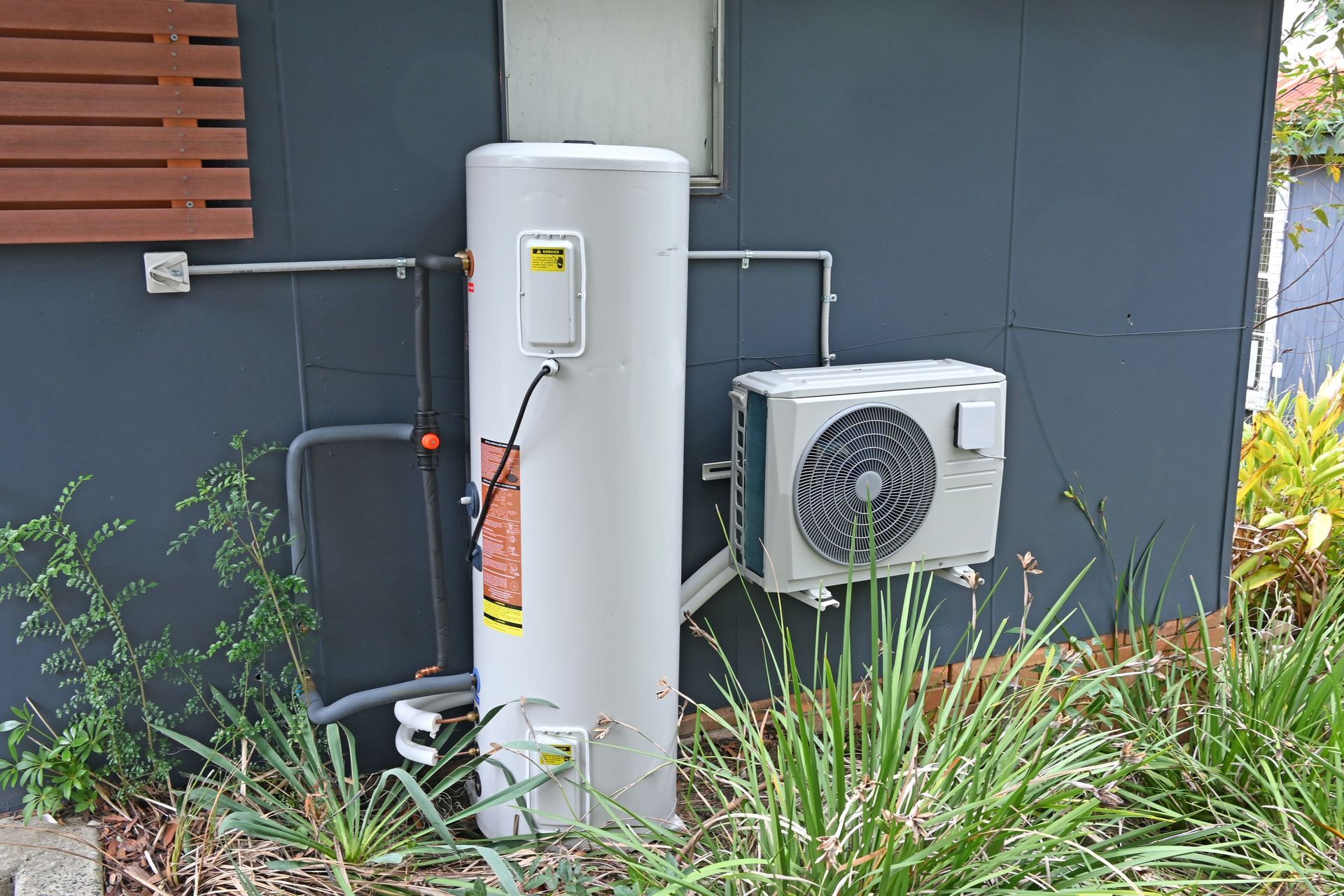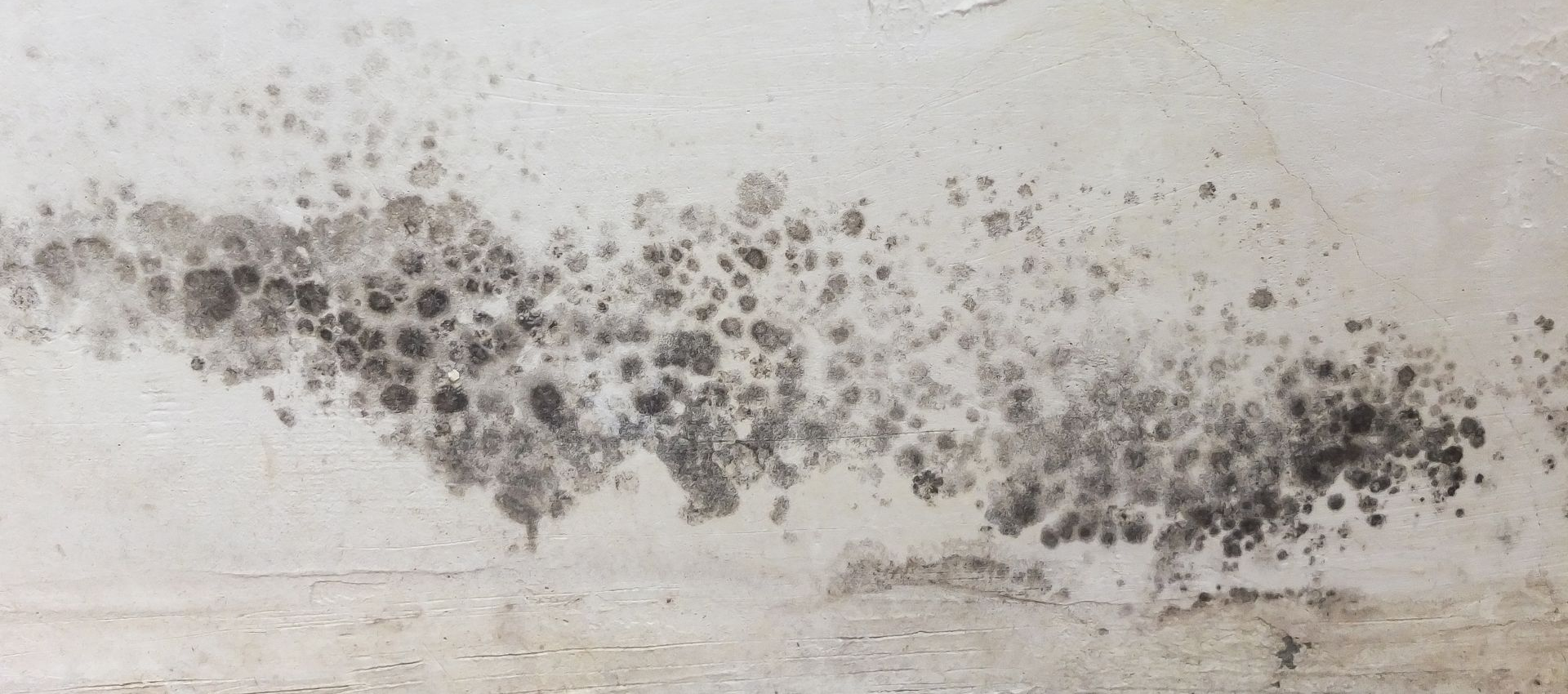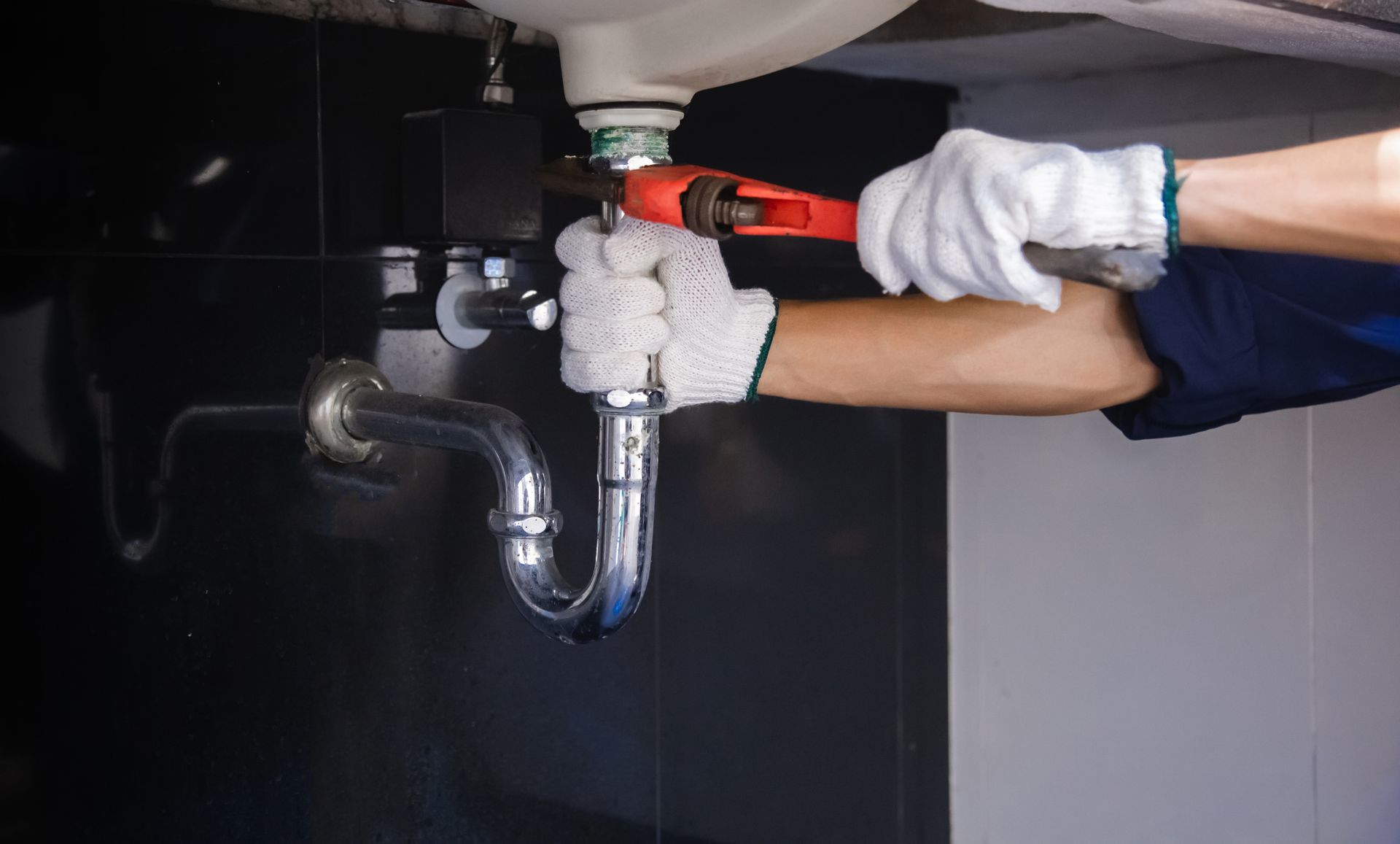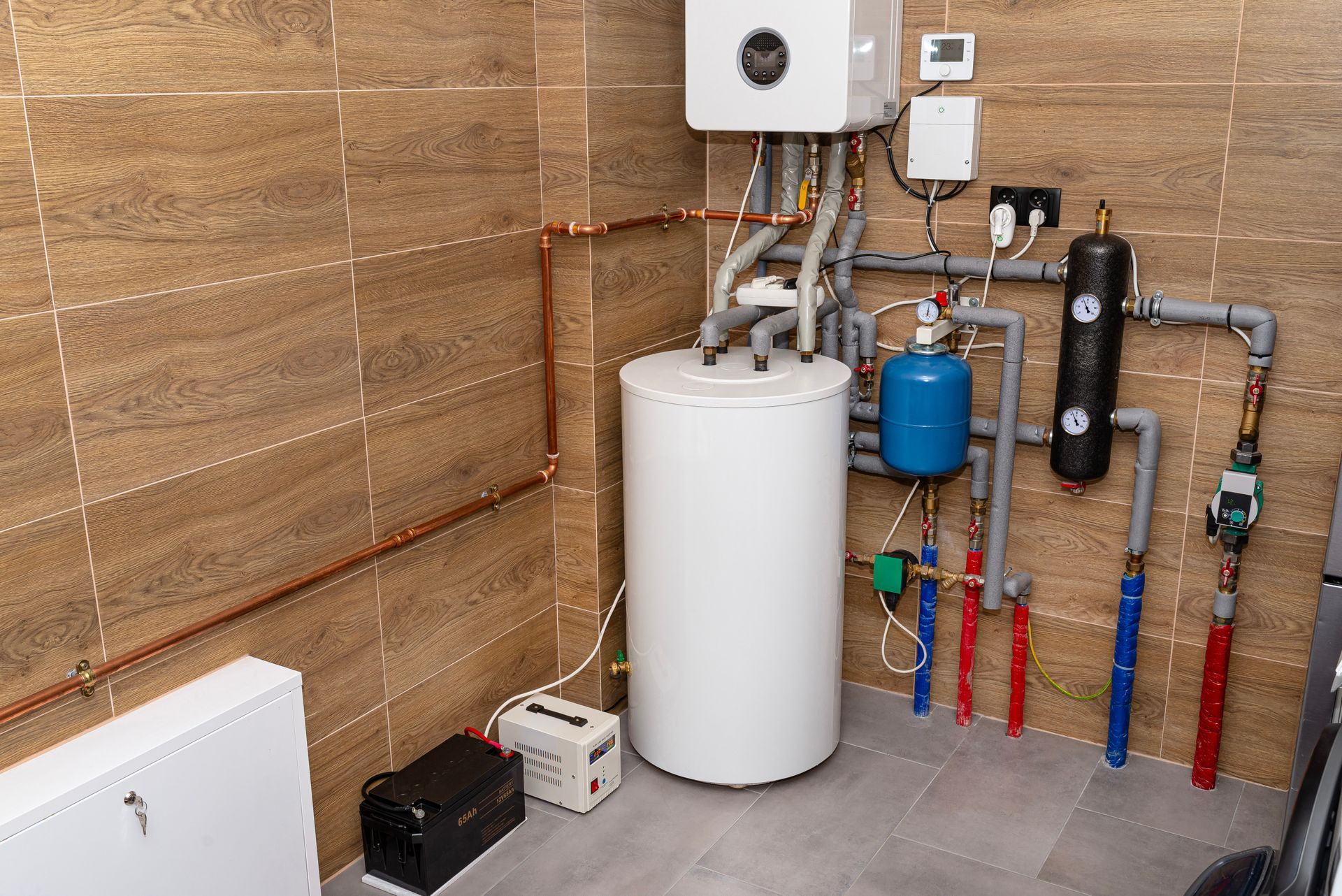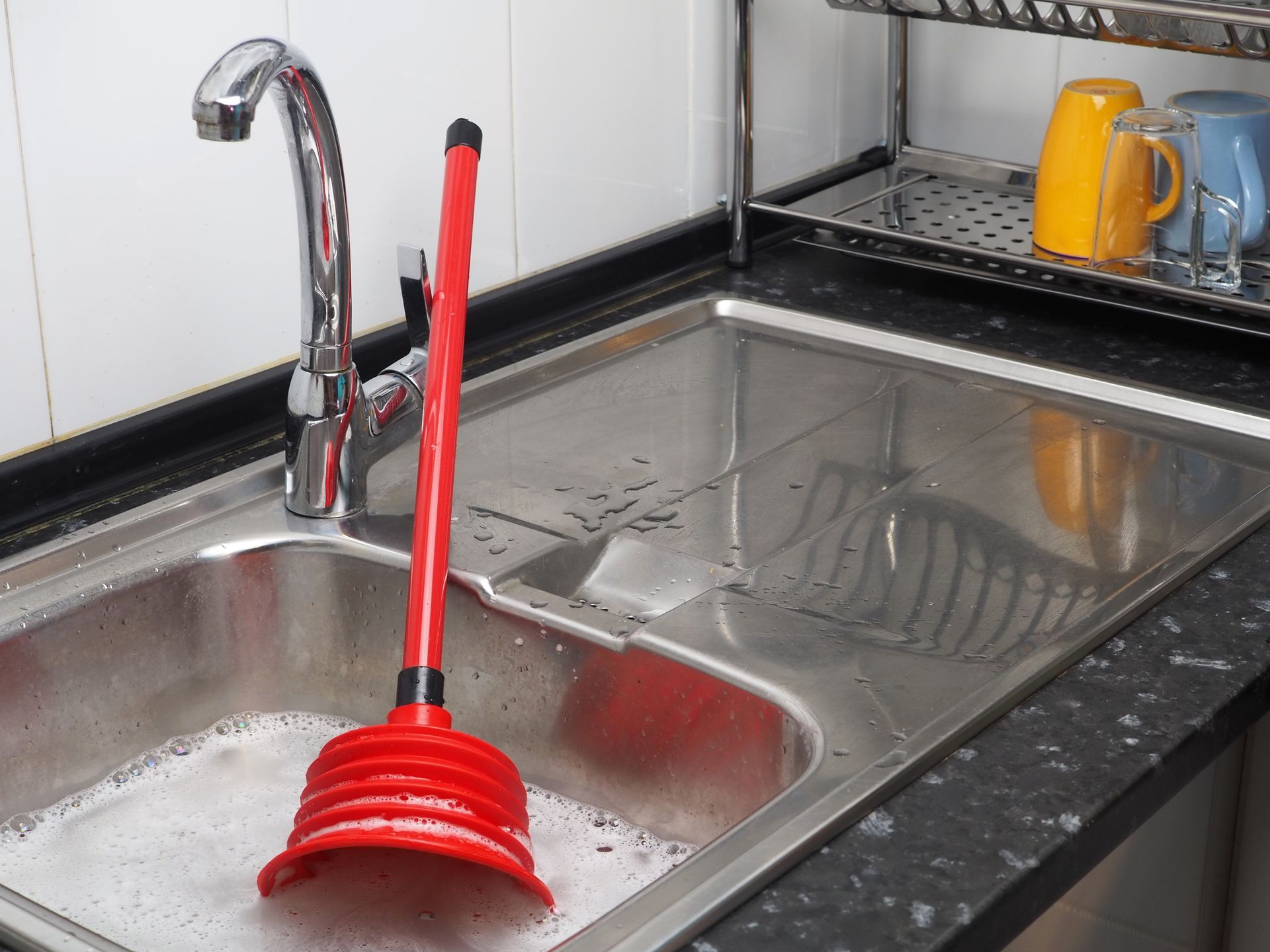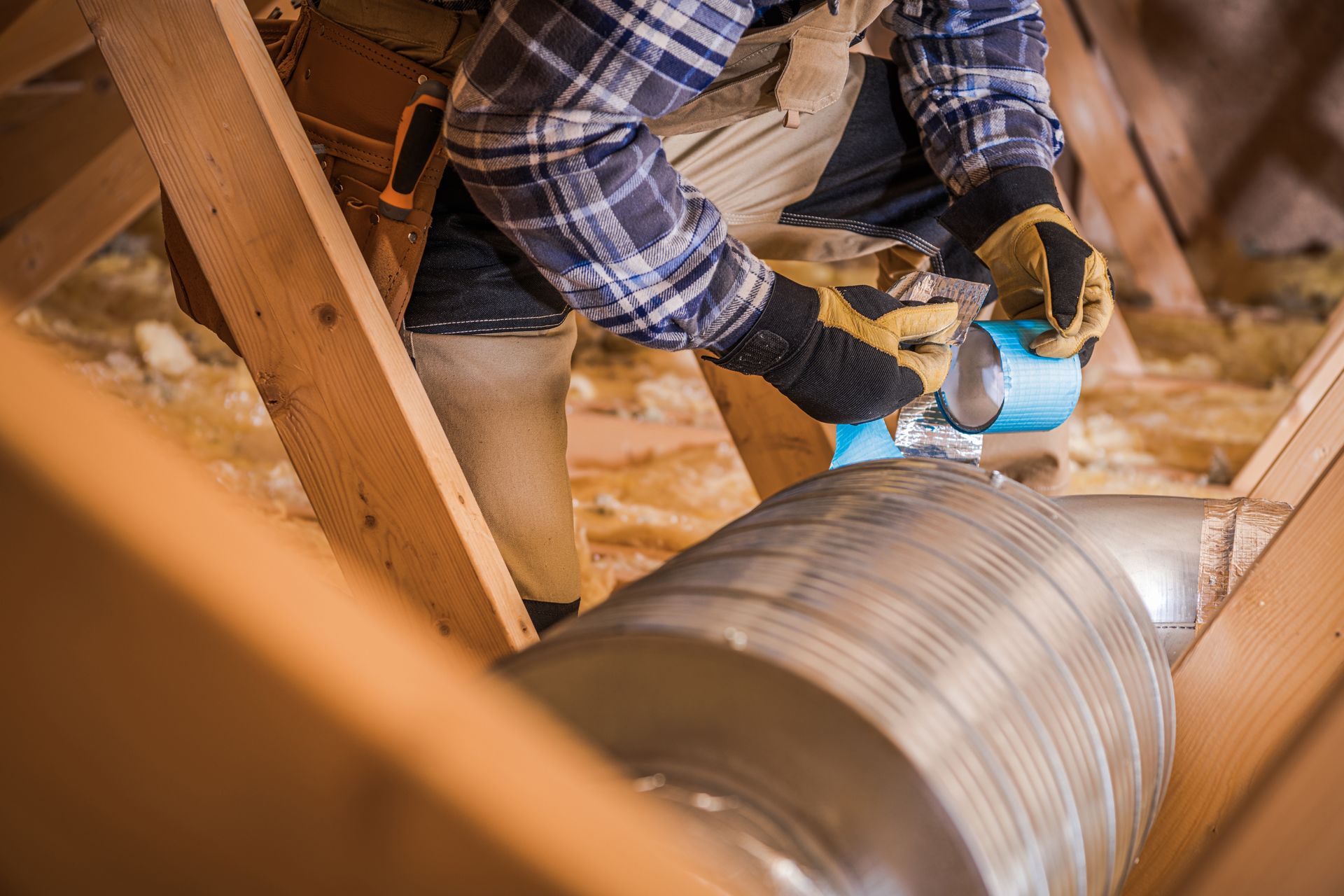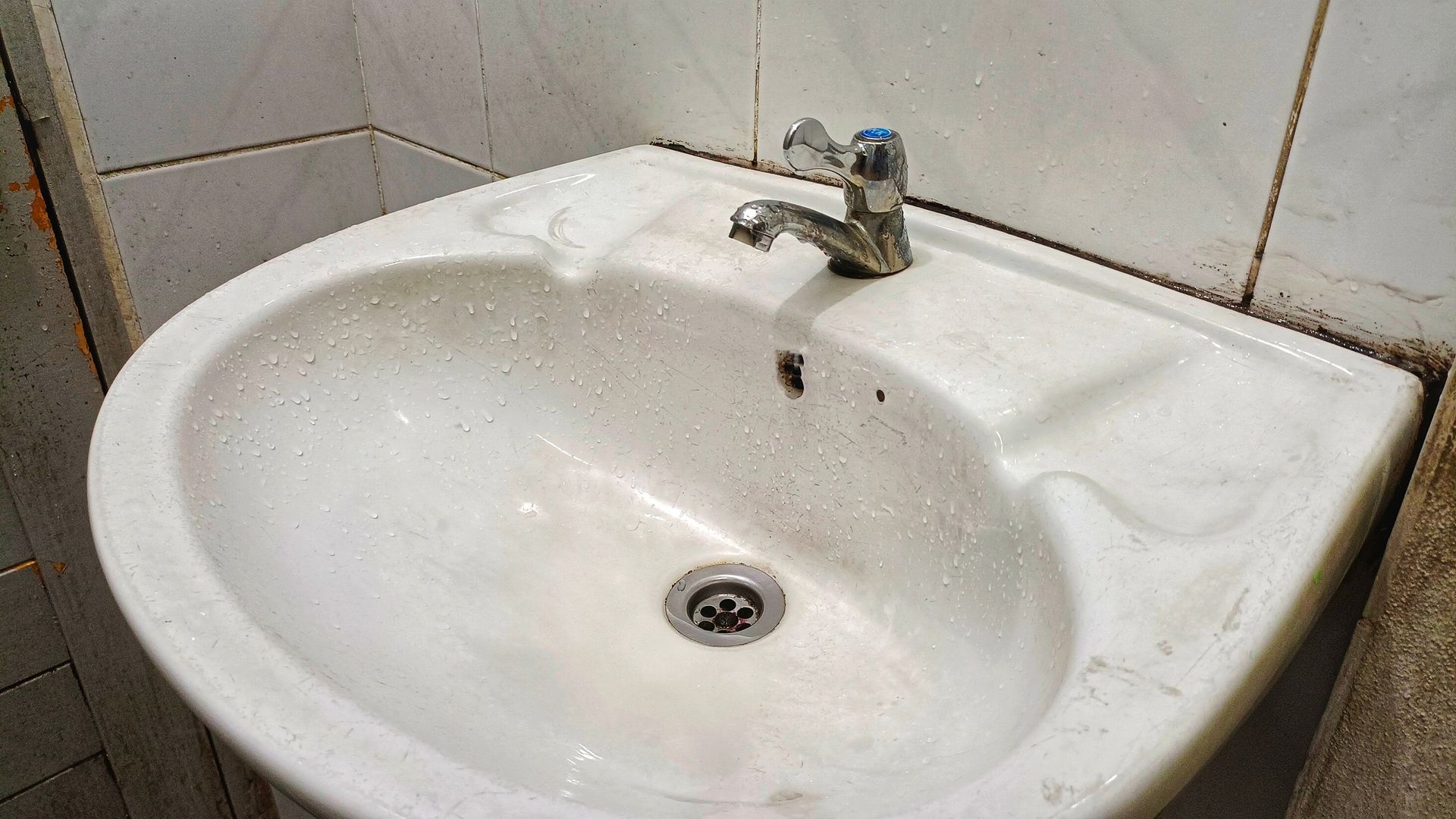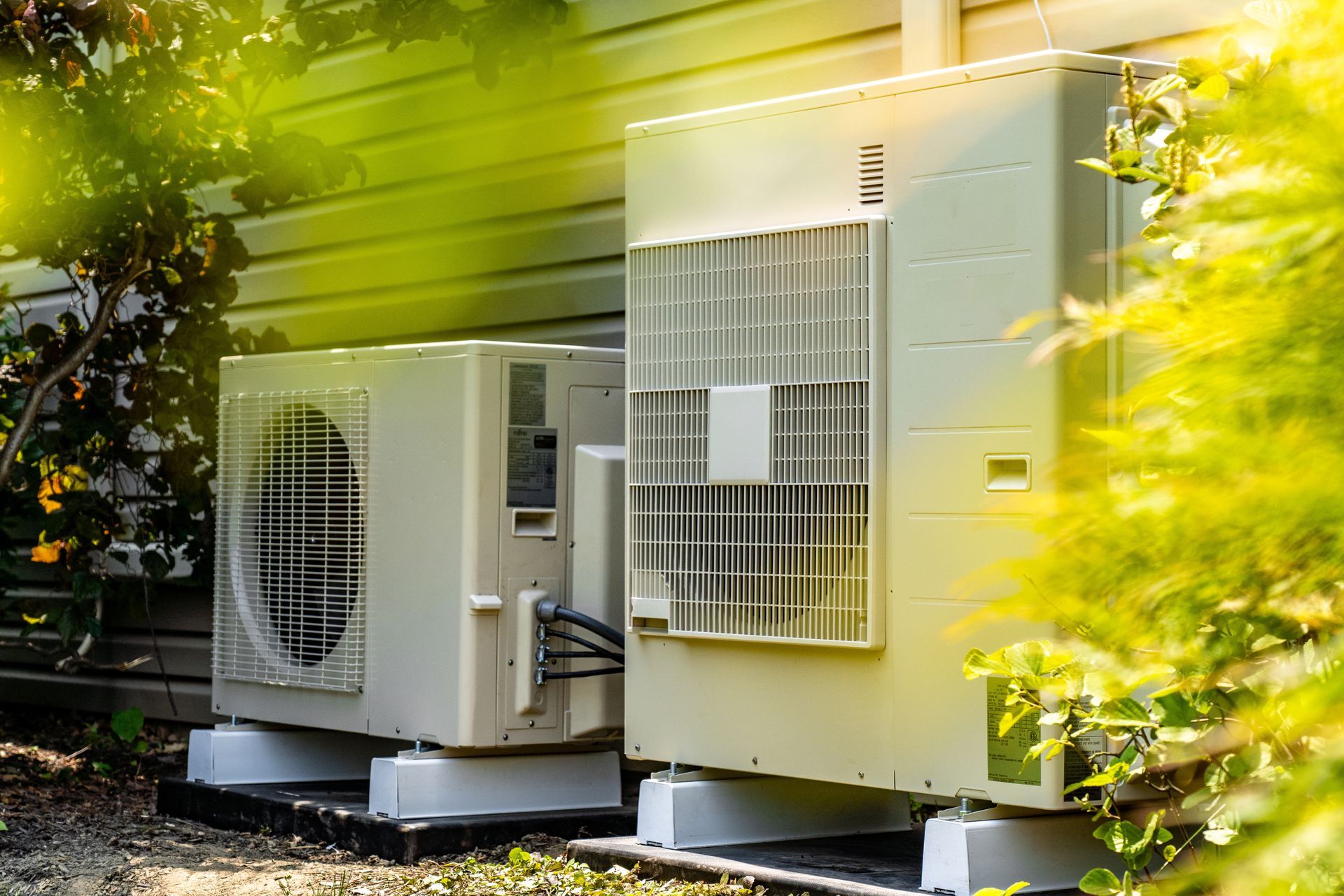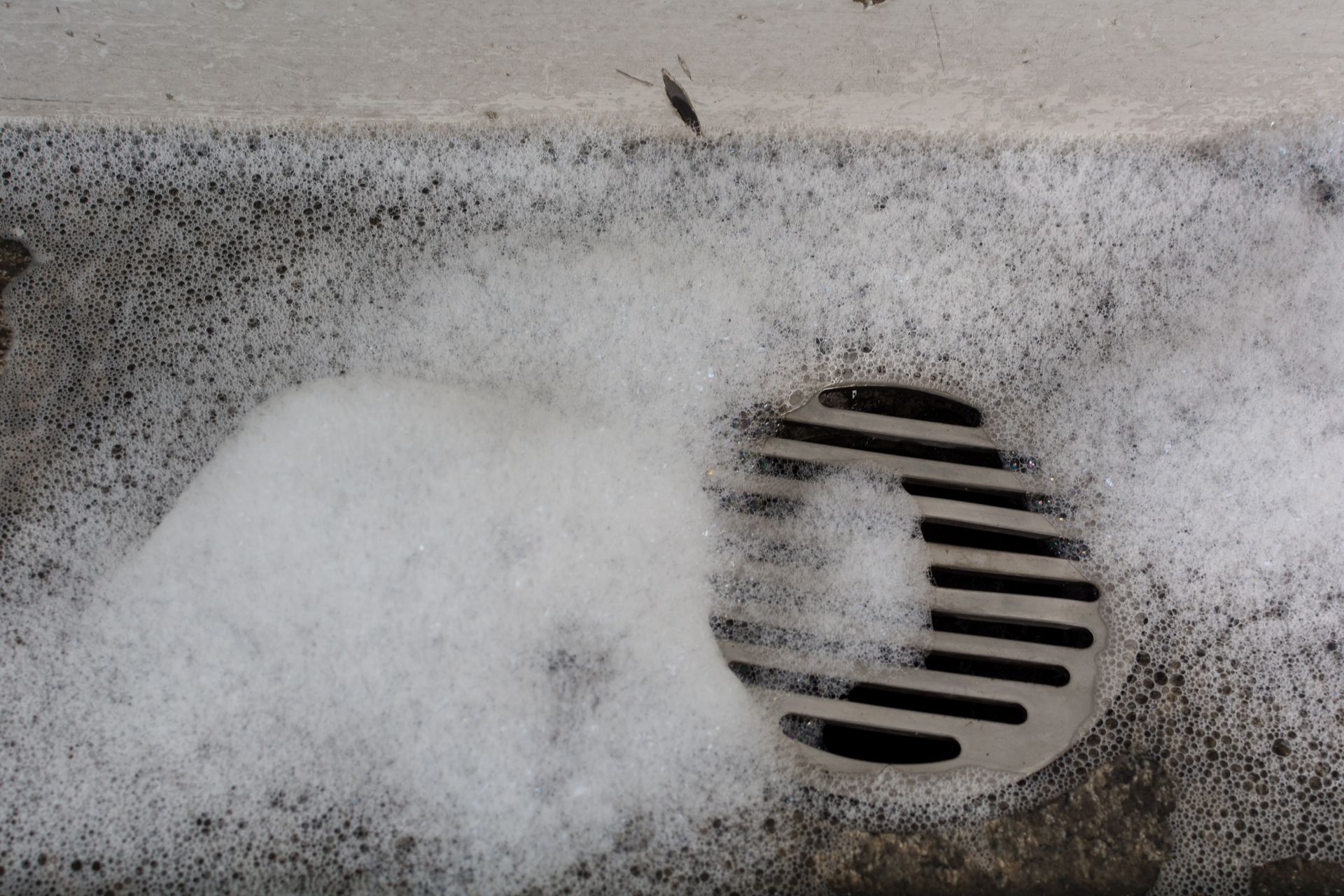An In-depth Guide to List of Refrigerants and Their Role in HVAC Systems
Refrigerant gases are crucial in refrigeration air conditioning systems, enabling the cooling of homes and businesses by transitioning between low and high temperatures throughout the refrigeration cycle.Their functionality is critical for effective heat transfer from indoor spaces, with refrigerant gases like R-22 in older setups being phased out for environmental reasons and adopting R-410A and R-134a in newer and automotive systems, respectively. Strategic incorporation of keywords such as HVAC maintenance, refrigerant management, and refrigerant leak detection is essential for SEO optimization.
The evolution of refrigerants has been marked by a shift towards GWP refrigerant options and adherence to EPA refrigerant regulations, reflecting the HVAC industry's commitment to combating climate change. This shift highlights the significance of professional refrigerant service and vigilant leak detection in maintaining system efficiency and adhering to stringent EPA refrigerant laws. As service technicians navigate refrigerant types' complexities and roles, understanding and adhering to the best HVAC maintenance and handling practices becomes indispensable for ensuring immediate and long-term system health.
Understanding Refrigerant Types and Their Environmental Impact
Refrigerants are critical components in HVAC systems. They cycle through the system to absorb and release heat, thus providing cooling and have varying environmental impacts. The GWP refrigerant choices and their emissions contribute to air pollution, necessitating a deep understanding of their characteristics and regulatory implications.
Types of Refrigerants:
- CFCs (Chlorofluorocarbons): like R-12 have been completely phased out due to their high ozone-depleting potential.
- HCFC (Hydrochlorofluorocarbons): Substances such as R-22, classified as ozone-depleting substances, are being globally phased out due to their high environmental impact, per the Clean Air Act.
- HFC (Hydrofluorocarbons): Refrigerants, including R-410A, R-134a, and R-404A, are prevalent but criticized for their high global warming potential (GWP). This leads to a demand for GWP refrigerant solutions that prioritize high-efficiency performance.
- HFOs (Hydrofluoroolefins): In contrast, alternative refrigerants, such as R-1234yf and R-1234ze, present more environmentally friendly options with significantly lower GWP, positioning them as low GWP refrigerants that are gaining favor in the industry.
- Natural Refrigerants: Refrigerants like Ammonia (R-717), Carbon Dioxide (R-744), and Propane (R-290) offer eco-friendly options with low GWP and zero ozone depletion potential, marking a shift towards clean energy solutions in refrigeration.
Environmental Impact and Regulations:
- The Environmental Protection Agency (EPA) enforces stringent EPA refrigerant regulations to mitigate the negative impacts of refrigerants on the planet. This includes a complete phase-out of harmful refrigerants like CFCs and HCFCs by 2020 and encouraging the adoption of alternatives with lower environmental impact, in line with EPA refrigerant laws.
- Refrigerants with lower GWP, such as R-32 and HFC/HFO blends, are gaining popularity due to their balance between energy efficiency and reduced environmental impact. For instance, R-32 systems can be up to 12% more efficient than R-410A systems, contributing to significant energy savings and reduced emissions.
Sustainable Practices:
- Refrigerant Recovery and Recycling: Proper refrigerant recovery and recycling are critical for minimizing environmental impact and preventing the release of gases that contribute to global warming and ozone depletion. This is why refrigerant reclamation and responsible refrigerant disposal practices are essential.
- Leak Detection and Management: Early identification and repair of leaks are crucial in preventing the release of refrigerants into the atmosphere. Implementing regular monitoring and maintenance routines and maintaining accurate service records can significantly reduce the environmental footprint of HVAC systems.
In conclusion, effective refrigerant management, which includes embracing low-GWP refrigerants and rigorously following best practices in handling and maintenance, is crucial for reducing HVAC systems' environmental footprint and adhering to the stringent EPA refrigerant regulations.
Best Practices for Refrigerant Management
In the domain of HVAC maintenance, proficient refrigerant service is the bedrock of system efficiency, environmental stewardship, and adherence to regulatory standards. Here are the exemplary service practices:
Refrigerant Management Best Practices
Routine Maintenance and Leak Detection:
- Regular maintenance is conducted to ensure system integrity and efficiency.
- Utilize automatic leak detection equipment and perform monthly manual inspections.
- Promptly repair leaks, avoid refrigerant top-offs, and employ EPA-certified technicians.
Refrigerant Handling and Compliance:
- Ensure proper refrigerant charging to maintain system efficiency.
- Implement refrigerant recovery and recycling practices to minimize environmental impact.
- Stay updated with changing refrigerant regulations to ensure future compliance.
Record Keeping and Technician Training:
- Appoint a dedicated refrigerant manager and develop a comprehensive management plan.
- Maintain detailed records of all refrigerant leaks, repairs, storage, and disposal.
- Prioritize technician safety by equipping them with protective gear and ensuring they hold technician certification in proper refrigerant handling, which includes identifying various refrigerant types and selecting the appropriate recovery cylinder.
By committing to these service practices, HVAC systems can achieve heightened efficiency, energy savings, and environmental protection while meeting legal mandates. Adherence can result in significant annual refrigerant savings, positively impacting the operation's financial model.
The Role of Professional HVAC Services in Refrigerant Management
Handling refrigerants in HVAC systems is a specialized task, necessitating service technicians' expertise with proper technician certification to ensure systems are adeptly installed, maintained, and compliant with current regulations. Here's how professionalism plays a role:
HVAC services play a crucial role in refrigerant management:
- Certified Expertise: Professionals, endorsed with credentials such as Certified Refrigerant Compliance Manager (CRCM), are equipped with the expertise and knowledge for meticulous refrigerant service, guaranteeing that systems conform to ASHRAE guidelines and utilize EPA resources for optimal safety and efficiency.
- Comprehensive Services: Enterprises like Acme render a comprehensive suite of HVAC services, spanning installation, maintenance, and disposal, to ensure that systems excel in performance and strictly adhere to F-Gas and refrigerant service practices that align with current regulations.
- Safety and Efficiency: With the proper tools and rigorous technician certification, HVAC service technicians can adeptly manage refrigerants, reducing leak risks and ensuring systems run efficiently. Their expert handling protects investments and enhances system performance, making a marked contribution to both environmental sustainability and adherence to regulatory standards.
Future of Refrigerants: Navigating Changing Regulations and New Technologies
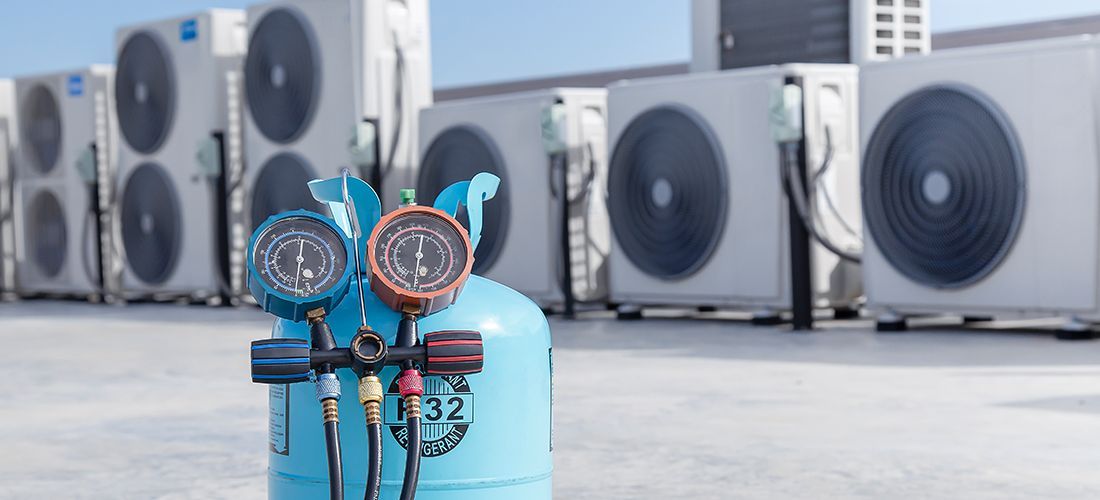
Standing at the forefront of a major evolution, the HVAC industry is being reshaped by Technology Transitions and the latest industry news, including updated regulations and the introduction of cutting-edge technologies. Professionals and consumers must stay informed to successfully navigate these pivotal changes that are defining the future of refrigerants:
Changing Regulations and Their Impact:
- The enforcement of the AIM Act signifies a substantial HFC phasedown, aiming for a 30% reduction in high-GWP HFC refrigerants such as R-410A, R-134a, and R-404A. This move could trigger refrigerant shortages and price increases as demand escalates, a clear indicator of the ongoing Technology Transitions.
- In October 2023, the EPA's final rule will enforce a GWP limit of 700 for residential and light commercial systems, marking a decisive step towards the 410a phase-out date and adopting low-GWP refrigerants. This regulation and an extension allowing new system installations until January 1, 2026, highlight the pressing need to shift to environmentally friendly alternatives.
Technological Innovations and Low-GWP Refrigerants:
- With the new refrigerant 2025 horizon, the industry rapidly adapts to low-GWP refrigerants, such as HFOs and natural substances like CO2, NH3, and hydrocarbons. Manufacturers are preparing for this significant Technology Transition expected to take full effect in 2024.
- The market is witnessing a surge in sales of HFO-based refrigerants, a trend that underscores a collective move toward sustainable refrigeration solutions. The HFC phasedown also introduces mildly flammable (A2L) refrigerants, like R-32 and R-454B, which calls for enhanced technician certification programs to ensure safe and effective handling, installation, and maintenance.
Regulatory Compliance and Technician Training:
The EPA's HVAC Refrigerant Regulations drive the industry toward green refrigeration technologies and elevate the need for comprehensive technician training. These regulations are designed to facilitate a smooth transition from R410A to alternatives such as R454B or R-32, in line with the Technology Transitions goal of reducing HVAC systems' environmental impact.
Conclusion
This comprehensive article has delved into the intricacies of refrigerants, highlighting their pivotal role in HVAC systems and the nuances of refrigerant management. With a focus on environmental impacts and adherence to EPA refrigerant laws, it underscores the necessity of meticulous refrigerant management, which includes leak detection, recovery, recycling, and the engagement of certified technicians. These practices are recommended and essential for sustainable operations, system efficiency, and compliance with legal requirements. The article is an informative resource and a call to action, advocating for best practices in refrigerant management and HVAC maintenance to ensure system longevity and reduce environmental harm.
The HVAC industry is shifting towards low-GWP refrigerants and innovative refrigerant service technologies, signaling a transformative phase in HVAC system care. By strategically adopting these service practices, stakeholders can significantly enhance environmental protection, ensure legal compliance, and promote system durability. As we gain a deeper appreciation for diligent refrigerant management, the necessity of consulting professionals skilled in these emerging trends becomes clear. Buzzell Plumbing, Heating & Air exemplifies this expertise, offering top-tier guidance and a dedication to sustainability and excellence in every aspect of HVAC maintenance.
FAQs
- What type of refrigerant is typically used in modern HVAC systems?
Contemporary residential HVAC systems increasingly utilize refrigerant gases like Puron® or R-410A, hydrofluorocarbons free from chlorine. This transition from the ozone-depleting Freon (R-22) to more eco-friendly refrigerants is a proactive step in the refrigeration air conditioning industry to minimize ecological damage and protect the ozone layer.
- How many varieties of refrigerants are commonly used in air conditioning systems?
There are five main types of air conditioning refrigerants in use today:
- R-22 (also known as Freon)
- R-32, which has become more popular following the phase-out of Freon
- R-410A
- R-454B
- R-134a
- Can you define refrigerants and their purpose in HVAC systems?
Refrigerants are the lifeblood of refrigeration systems, circulating as working fluids that undergo phase changes within the refrigeration cycle. This process, which involves the refrigerants transitioning between liquid and gas states, is critical for the operation of refrigeration equipment, allowing it to provide cooling and heating as needed.
- Which refrigerant is most commonly found in HVAC systems worldwide?
Hydrofluorocarbons (HFCs), a class of fluorinated gases, have become the predominant refrigerants in global HVAC systems. These substances have replaced the ozone-depleting chlorofluorocarbons (CFCs), eliminated following the 1987 Montreal Protocol due to their adverse effects on the ozone layer.
